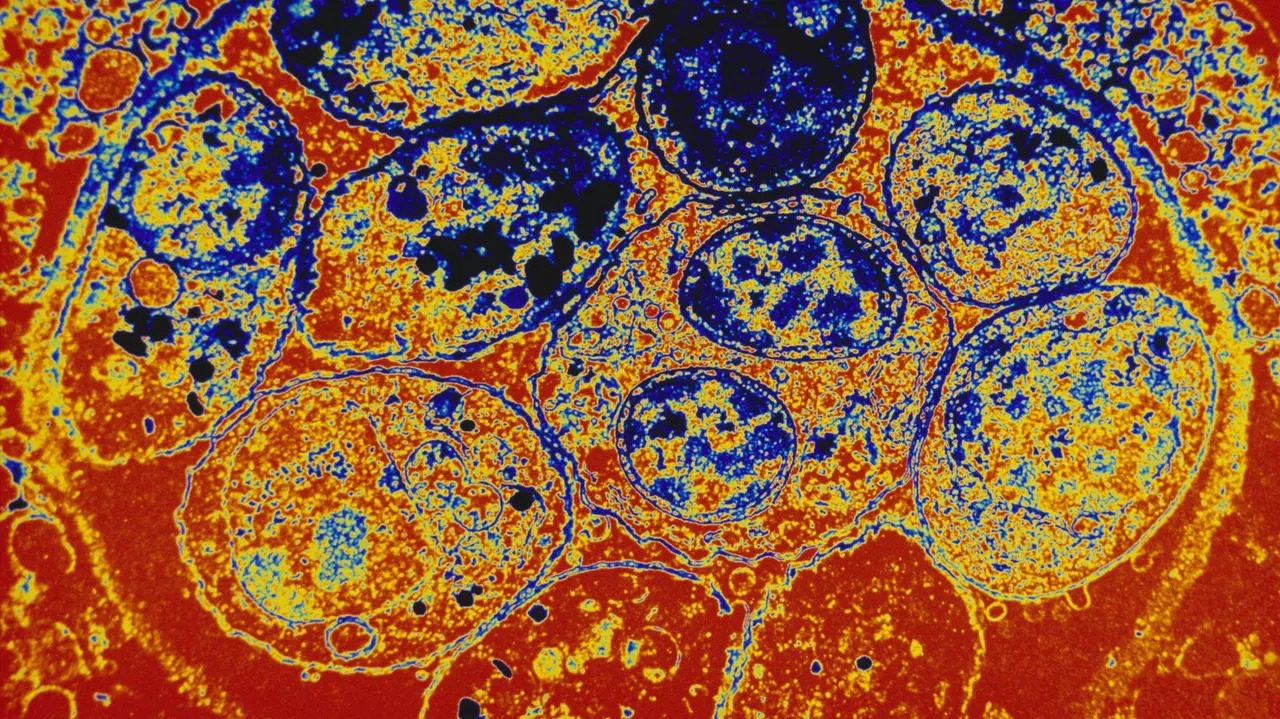Toxoplasmosis, caused by the parasite Toxoplasma gondii, is the most widespread parasitic infection in humans and can be asymptomatic in up to a quarter of Czechs. The State Health Institute (SZÚ) has highlighted the risks of this infection, especially for pregnant women, as it can lead to miscarriage or congenital disabilities. Individuals with weakened immune systems are also at risk.
According to the National Reference Laboratory for Toxoplasmosis, the Czech Republic has seen a significant decrease in reported cases, with 71 cases last year and 53 cases in the first three quarters of this year. However, experts believe that the actual number of latent infections in the Czech population, estimated to be between 15 and 25 percent, is much higher than the reported figures.
Toxoplasmosis can be contracted from the environment contaminated with oocysts, which are the infectious stages of the parasite excreted in cat feces. Familiar sources of contamination include soil, sand from sandboxes, and improperly washed vegetables.
While cats are the most common source of infection for humans, other feline species, birds, and mammals can also serve as hosts. The disease is often asymptomatic in individuals with a healthy immune system or may only cause mild symptoms. Only about five percent of infected individuals experience flu-like symptoms such as fever, weakness, muscle pain, or swollen lymph nodes. After the acute phase, the infection enters a dormant stage, and the person develops lifelong immunity.
However, individuals with weakened immune systems may experience more severe complications, including heart muscle inflammation, liver damage, or neurological disorders. In pregnant women, an acute infection can pose risks to the fetus.
Congenital toxoplasmosis primarily affects the brain and senses of the fetus and can result in miscarriage or developmental defects. Early detection of the infection in pregnant women allows treatment implementation to reduce the risk of transmission to the fetus and alleviate some of the existing symptoms. Prenatal screening, although not mandatory, can help in mitigating risks.
Toxoplasmosis remains a significant health concern globally, with approximately one-third of the world’s population infected. The awareness of preventive measures and the understanding of this infection’s potential risks are crucial in maintaining public health.






